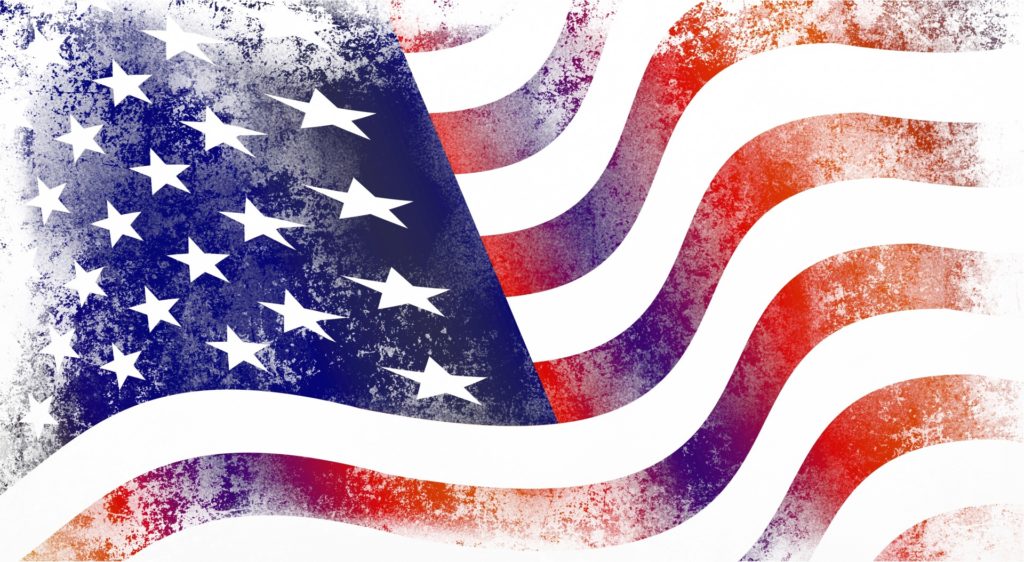By Emily Olsen, Chair, Utah Democratic Progressive Caucus
A disputed Arizona voting law was upheld this week in a shocking decision by the Supreme Court that could have significant repercussions to other similar legislation throughout the country.
The Arizona law prohibits someone other than a relative or caregiver from submitting mail-in ballots on behalf of a voter, and it requires voters to attend the precinct they belong to unless they opt to vote by mail. The High Court found, in Brnovich v. Democratic National Committee (DNC), that the Arizona law, passed in 2019, “was not enacted with a racially discriminatory purpose.”
Although particularly discriminatory to Native Americans, the Arizona law, House Bill 2023, is mild compared to some voting laws that states have enacted lately, such as the law in Georgia that the DOJ recently filed suit against, claiming it violated the Voting Rights Act of 1965.
The Georgia law, passed in 2021, limits Sunday voting, a practice done by African Americans with their church groups, and it does not permit others to give water to people in line at the polls. African Americans and other minorities often stand in line longer than white voters because they have fewer voting locations in their neighborhoods. Further, the law was signed in a room with only white men in front of a painting of a slave plantation. A black female legislator named Rep. Park Cannon, who tried to attend the signing, was not only banned from entering the room but was arrested for simply knocking on the door.
Some experts believe last week’s Supreme Court decision on the Arizona law could legitimize restrictive state voting laws passed throughout the country recently and even undermine the DOJ’s effort to police them. In the 6-3 decision, Justice Samuel Alito, in the majority opinion, expressed his views related to the current voting narrative in conservative circles.
“One strong and entirely legitimate state interest is the prevention of fraud,” the majority opinion states. “Fraud can affect the outcome of a close election, and fraudulent votes dilute the right of citizens to cast ballots that carry appropriate weight. Fraud can also undermine public confidence in the fairness of elections and the perceived legitimacy of the announced outcome.”
Justice Alito is drinking the Kool-aid if he thinks voter fraud is a big problem right now, as former President Trump’s “Big Lie” alleges. Remember that Trump and his allies, in more than 60 lawsuits filed in several swing states last fall, was not able to prove the widespread presence of voter fraud in the 2020 Presidential election. Nearly every one of those cases were dismissed because of a lack of evidence.
But Justice Alito knows better, and his catering to the Big Lie adds judicial credence to a house of cards that will fall in time. The question I ask, though, is why did the Supreme Court’s conservative majority even choose to rule on this case, if not to try to uphold other more discriminatory voter legislation by establishing this precedent? They did so at the cost of Native Americans’ voter access in Arizona.
Arizona House Bill 2023, which the Supreme Court upheld, is a widely sweeping effort to outlaw ballot collecting, while in the process, will likely make voting more difficult for Latinos, Blacks, and Native Americans, who are more likely to collect ballots for convenience rather than nefarious purposes. Native American reservations, in particular, such as the Navajo Nation and many others, do not have traditional residential addresses, and U.S. Mail is not delivered there. Many tribal members rely on P.O. Boxes that are usually located several miles away from their homes. The poorest tribal residents who cannot afford P.O. Boxes rely on other community members to assist them in receiving mail. Must someone be banned from voting simply because they do not have a mailing address? Native Americans often have a poor voter turnout, and since they are more likely to vote Democratic, Republicans may not see their voter participation as a priority.
Although the Arizona voter law was passed in 2019 before the Big Lie and before the pandemic, it was done in a majority-Republican state congress and Republican governor in a state that has been turning purple recently after being ruby red since the 1950s – minus its vote for President Clinton in the 1990s. Presently, both of its U.S. Senators and five of its nine U.S. Representatives are Democrats. Its state house and senate are also only slim Republican majorities.
In other words, Arizona Republicans were already panicked before Trump lost his bid for re-election in their state. Their senate’s outlandish action of hiring Cyber Ninjas to conduct an election audit, after at least one other official by-hand recount was conducted, is more or less a last-ditch effort for the Republicans to maintain control in that state – and a sad attempt at that.
But the possible motives of the Republican-led congress in Arizona to pass such legislation appear to be consistent with the post-2020 election efforts at passing restrictive voting laws. Unless they are QAnon followers, Republican leaders can’t believe that Trump’s re-election was barred by mass fraud. Republicans must believe they have no other recourse to save their majority rule than to suppress democratic voters. Maybe they could try actual leadership and serve their constituents instead of catering to corporate lobbyists and pandering to Trump conspiracy theories.
References:
Montanaro, D. “What’s next for voting rights after the Supreme Court’s decision,” NPR.org, July 3, 2021. https://www.npr.org/2021/07/03/1012777226/whats-next-for-voting-rights-after-the-supreme-courts-decision
Medina, J. “Arizona G.O.P. passes law to limit distribution of mail ballots,” New York Times, May 21, 2021. https://www.nytimes.com/2021/05/11/us/politics/arizona-voting-bill.html
Brnovich, Attorney General of Arizona, et al. v. Democratic National Committee et al. Supreme Court of the United States. No. 19-1257, argued March 2, 2021 – Decided July 1, 2021. https://www.supremecourt.gov/opinions/20pdf/19-1257_g204.pdf
